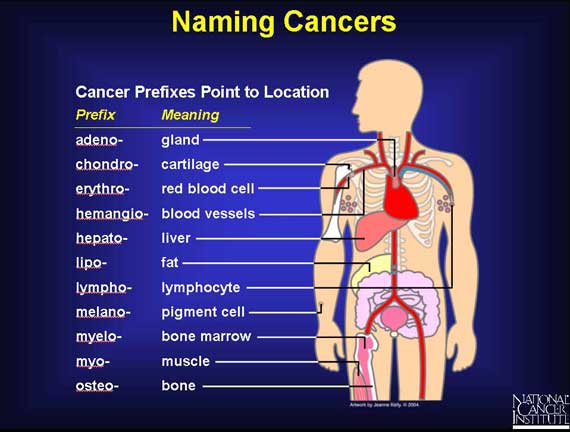Metabolic syndromes and inflammation

Metabolic syndromes and inflammation put together can trigger serious chronic health problems
Metabolic syndromes and inflammation: The effects on human organs
Inflammation has recently been linked with metabolic syndromes, which is a cluster of symptoms that raise your risk for chronic conditions such as heart disease, stroke, and diabetes. Those symptoms include hypertension, low levels of HDL (good) cholesterol, above-normal blood glucose and triglyceride levels, and a large waist. Most people with metabolic syndrome are obese and inactive, so these symptoms have become associated with obesity. However, many obese people don’t have those symptoms. They fall into a category called metabolically healthy obese. What that means explains doctor Dalal Akoury is that they don’t look very good in a swimsuit, but if you look at their blood, they’re in pretty good shape. This is probably because they don’t have chronic inflammation. Meaning that among other inflammation effects, we may not say that obesity causes inflammation, but we can comfortably say that inflammation drives obesity.
Metabolic syndromes and inflammation: Depression
Doctor Akoury says that inflammation may drive depression in a similar fashion. The links between inflammation and depression are complex and we are just beginning to understand how they affect each other. Though it is possible that depression may lead to changes that cause inflammation, experimental studies have shown that increases in inflammation can promote depression.
According to Canada’s Centre for Addiction and Mental Health findings, it was established that people suffering from depression had 30 percent higher levels of inflammation in the brain. This was one of the first studies to show concretely that inflammation is present in depression even when other conditions are absent. Moreover, depression is still complex and unlikely to be caused by inflammation alone just like obesity.
When I started my career in the medical profession, and like many of my colleagues, I generally thought about depression as a psychiatric disorder or a mental health problem and I believe that many people still think of it that way. But nevertheless what I have come to realize is that depression is also a disorder with deep biological roots. It is as much of a physical issue as a mental one, and we should start talking about it that way. Like for instance, if you were to compare depression to a more physical illness. When you have the flu, your body’s immune system springs into action to fight it off, including increasing inflammation. In addition to nausea and fever, you also have symptoms of depression: fatigue, aches, mental fog and an unwillingness to leave the house. In a contagious illness, those symptoms help us rest and avoid spreading the disease, but in the depression, they’re nothing but trouble.
Metabolic syndromes and inflammation: Minimizing inflammation
Tests that indicate your levels of inflammation are available, but they can be expensive and aren’t always conclusive. They almost certainly aren’t covered by insurance unless you have an autoimmune disorder. It, therefore, means that you may never know your true levels of inflammation; however, you can still do your part to control it. Controlling inflammation is a balancing act. You need some, but not too much. By far, the best drug we have for this is diet.
Certain staples of the recent American diet promote high levels of inflammation. The two largest culprits are omega-6 fatty acids and insulin spikes brought on by consuming starchy carbs. The combination of insulin and omega-6 fatty acids is like a match and gasoline you get an explosion of this low-level inflammation.
To reduce it, the best foods are those with omega-3 fatty acids and high levels of polyphenols, the compounds in fruits and vegetables that give them color. These good fats and colorful fruits and vegetables, along with lean protein, make up the majority of his anti-inflammatory meal plan. Along with diet, a healthy lifestyle and stress reduction techniques help reduce levels of inflammation, especially in the brain. It is also important to maintain a healthy diet, stay active, keep a regular sleep schedule and limit the psychological stress we experience. And in all these ensure to consult with the experts at AWAREmed Health and Wellness Resource Center for professional advice from time to time.
Metabolic syndromes and inflammation: The effects on human organ
http://www.integrativeaddictionconference.com/wp-admin





 There is a complex interaction among the factors of diet,
There is a complex interaction among the factors of diet, 
 MIA GORDON – Lung cancer
MIA GORDON – Lung cancer



